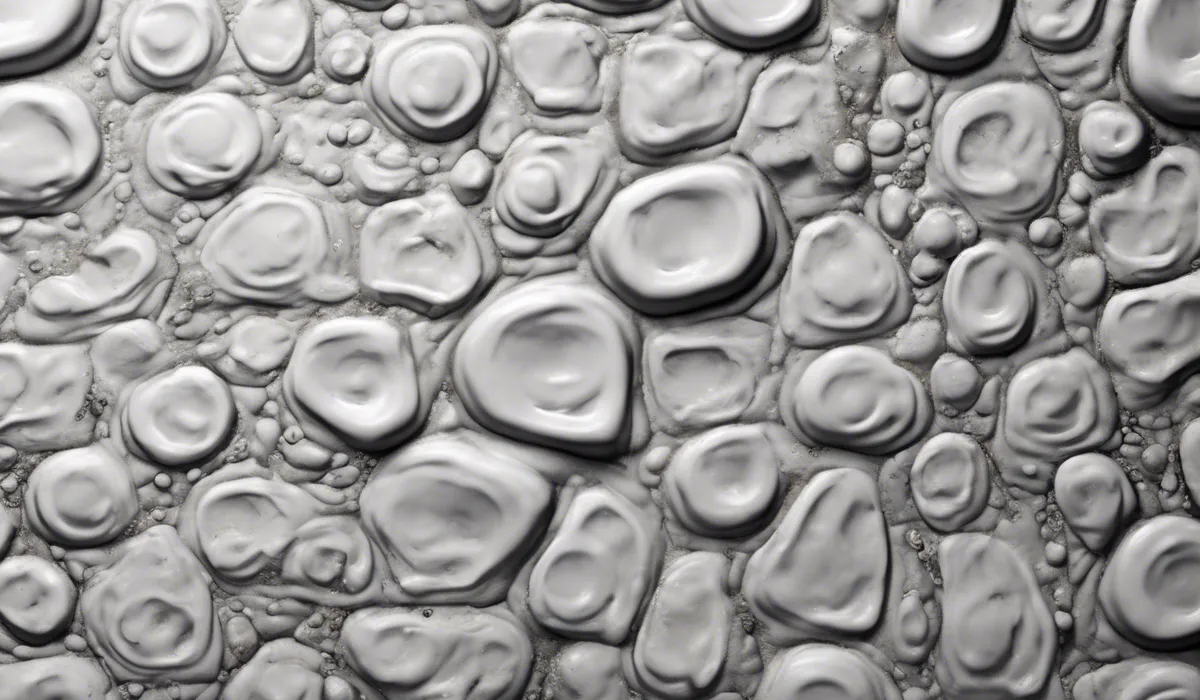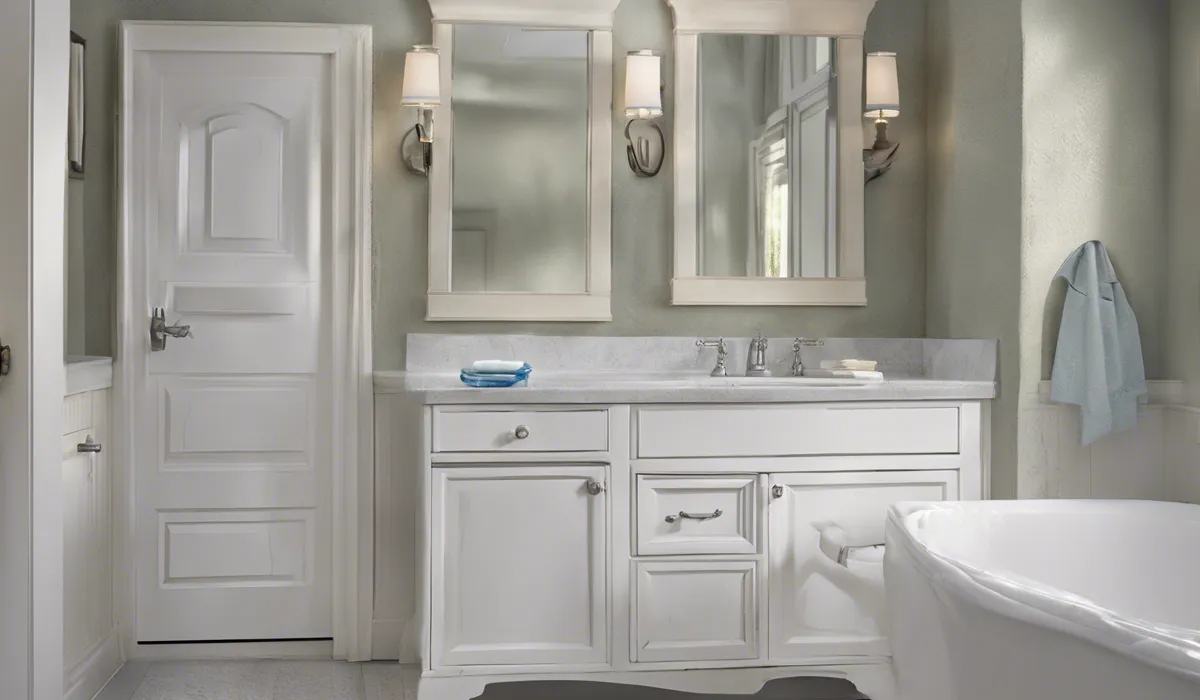To prevent mold, spray a solution of equal parts water and white vinegar, or use an antifungal spray such as Concrobium Mold Control. Apply to susceptible areas, ensuring good ventilation to aid drying.
Understanding Mold and Its Causes

What is Mold?
Mold is a type of fungus that can grow indoors and outdoors. It reproduces by releasing spores into the air, which can settle on surfaces and begin to grow when conditions are right.
Mold comes in various colors, including black, white, green, or purple, and often appears as spots or fuzzy growths on surfaces.
Common Home Molds
In homes, some common molds include Aspergillus, Cladosporium, and Stachybotrys, often referred to as black mold.
These molds can be found in damp areas like bathrooms, kitchens, and basements where moisture levels are high.
Conditions for Mold Growth
Mold thrives in moist environments with little airflow and organic materials to feed on, such as wood, paper, or fabric.
High humidity, condensation, and water leaks create the perfect environment for mold to grow.
Health Risks of Mold
Exposure to mold can lead to health issues such as allergic reactions, asthma attacks, and other respiratory problems.
It is particularly harmful to those with weakened immune systems and can cause serious infections in such individuals.
Natural and Chemical Solutions for Mold Prevention

Vinegar Solution for Mold
A simple yet effective natural mold preventer is a solution of equal parts water and white vinegar.
Spray this mixture onto surfaces where mold tends to grow, and allow it to dry. Vinegar is acidic and can kill many types of mold spores on contact.
Tea Tree Oil Mixture
Tea tree oil is known for its antifungal properties. Mix a teaspoon of tea tree oil with a cup of water and spray it on mold-prone areas. This natural mold prevention remedy has a strong scent that dissipates as it dries.
Hydrogen Peroxide Spray
Hydrogen peroxide is another excellent mold deterrent. A 3% solution sprayed directly onto moldy surfaces helps to kill mold and prevent future growth. It is a safe alternative to bleach and does not leave behind toxic residue.
Commercial Mold Prevention Sprays
For persistent mold issues, commercial mold prevention sprays like Concrobium Mold Control can be effective.
When considering a commercial product, look for one that is non-toxic and designed to prevent mold growth without the need for harmful chemicals.
Chemical Safety Precautions
When using chemical solutions, always follow the manufacturer’s instructions, wear protective gear, and ensure good ventilation to avoid inhaling fumes.
Preventative Measures and Maintenance Tips

Improving Ventilation
Good airflow helps to reduce moisture and prevent mold growth. Use exhaust fans, open windows, and consider adding additional ventilation if necessary to ensure air keeps moving throughout your home.
Humidity and Climate Control
Keep indoor humidity levels below 60% using dehumidifiers or air conditioners. This helps to create an environment that is less hospitable to mold.
Cleaning Routines
Maintain a regular cleaning schedule that targets mold-prone areas. Cleaning helps to remove potential mold spores before they have a chance to grow.
Addressing Leaks and Water Damage
Fix leaks and address water damage promptly to prevent mold from taking hold. Pay special attention to areas around the toilet flange and other plumbing fixtures.
Selecting Mold-Resistant Materials
When renovating or building, choose materials like mold-resistant paint and fabrics that will not support mold growth. This is an effective way to reduce the likelihood of future mold problems.
FAQs About Preventing Mold
What can I spray to prevent mold in my home?
To prevent mold, you can spray a homemade solution of equal parts water and white vinegar or use a commercial antifungal spray like Concrobium Mold Control.
Is vinegar effective in preventing mold growth?
Yes, a solution of equal parts water and white vinegar is effective at inhibiting mold growth on surfaces.
Can I use Concrobium Mold Control to prevent mold?
Yes, Concrobium Mold Control is a commercial product designed to prevent mold without using toxic chemicals.
How should I apply mold prevention sprays for best results?
Apply mold prevention sprays to susceptible areas and ensure good ventilation to aid in drying for effective results.
Are there any precautions to take when using vinegar as a mold preventative?
When using vinegar to prevent mold, ensure the area is well-ventilated, and be aware that vinegar has a strong smell that will dissipate as it dries.
Final Thoughts
To stave off mold growth, employ a 50/50 solution of water and white vinegar, or opt for a commercial product like Concrobium Mold Control.
For effectiveness, target prone areas and maintain ample ventilation during application and drying to inhibit mold proliferation.
